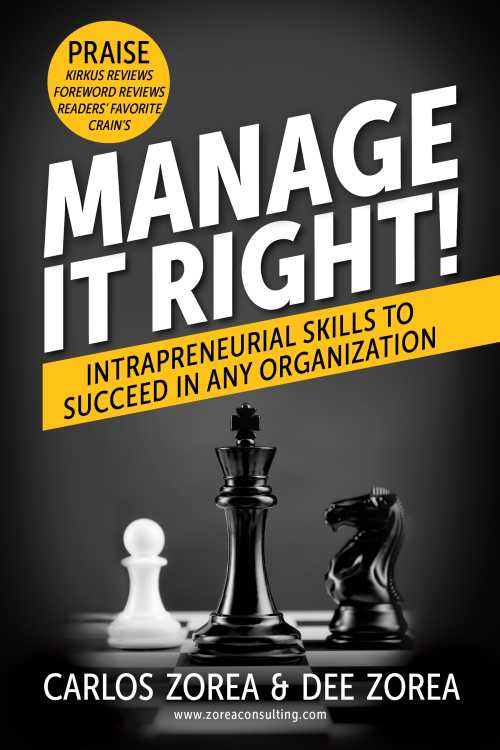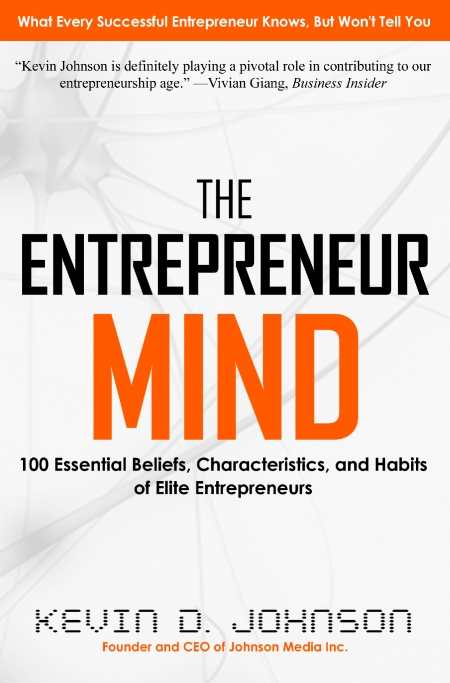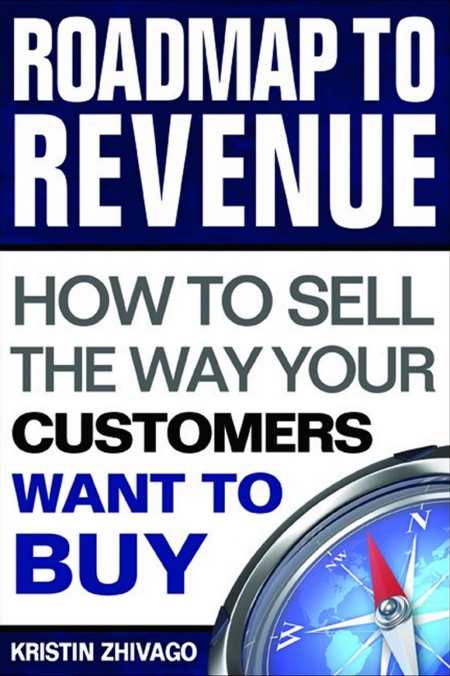Indie Business Books See Real Growth; 2 Qualities Make Them Successful
Welcome to my blog! I’ll be discussing independently published and self-published business and career books—who writes them, who publishes them, and what makes them successful. In this first post, I want to talk about the two most important qualities a business book needs to be a winner.
But first, a little background. I’m a long-time business book reviewer for Foreword Reviews, a freelance writer, and a brand marketing consultant with over thirty years of business experience. I’ve authored six nonfiction business books of my own.
The business book genre is a healthy, vibrant category, driven by two ends of a spectrum: On one side, management and leadership books seem to have a built-in market among both emerging and established businesses. On the other side, there appears to be an almost unquenchable thirst for books targeting small business owners and entrepreneurs.
While large publishers continue to work this category selectively, the real growth in business book activity in recent years has come from smaller publishers and self-publishing authors. Not surprisingly, growth has been fueled by both print books and by the e-book phenomenon. In fact, there is a whole segment of the business book market that concentrates largely on self-published e-books, many of which are shorter form guides and manuals.
The result is a constant flow of business books that sometimes makes it difficult to discern the value of the material being published. I think there are two distinguishing qualities of business books that make the successful ones stand out from all the rest: Quality of Concept and Quality of Writing.
Quality of Concept
The core concept is what really differentiates a business book. Successful business books have strong single defining themes, executed in a compelling way. They are highly relevant and original.
This is true even when the book addresses a commonplace subject. Take Jennifer Lee’s The Right Brain Business Plan (New World Library, 2011), for example. There are countless books about how to write a business plan. Lee’s approach, however, is to discuss the subject in a completely different, novel, and visual way. Lee demonstrates through her writing and the many fanciful illustrations included in the book that producing a business plan can indeed be a very creative endeavor. Her unique perspective sets this business plan book apart from the rest.
Sometimes, storytelling is at the heart of what makes a business book stand out. It could be a personal account—a business memoir, for example—or it could be a parable that dramatizes a business situation; Spencer Johnson’s best selling classic, Who Moved My Cheese? (Putnam, 1998) comes to mind.

It could even be a business book disguised as a novel, such as the inventive and creatively executed Manage It Right! by Carlos Zorea and Dee Zorea (Manage It Right! Press, 2014). Here, two management consultants weave a clever tale told as a first person narrative by Dennis, a manager who has been asked to turn around a failing business division. The story revolves around how Dennis works with his mentor, Chuck, a consultant with the deep knowledge and experience, to succeed. This could have been written as just another traditional business book, but instead, the authors chose to combine a compelling story line with strategic advice for intrapreneurial managers.
Quality of Writing
Second only to quality of concept—and no less important—is quality of writing. The strongest business books are those whose authors write with clarity, expressiveness, and a distinct style. The author’s personality often gives the book a unique voice.

In his book The Entrepreneur Mind (Johnson Media Inc., 2013), entrepreneur Kevin D. Johnson’s delivers one hundred bits of wisdom in short, powerful chapters. His style is unfailingly direct and to the point. It’s as if you’ve climbed into Johnson’s mind to share his perspective. Here are a few examples of his writing:
- “The best entrepreneurs create environments of stressful urgency.”
- “Confidence attracts people; ego repels them.”
- “Spend the majority of your time with people smarter than you.”
- “Don’t manage people, manage expectations.”
Johnson’s book is a 2013 IndieFab Award Finalist.

Kristen Zhivago’s no-nonsense approach in Roadmap to Revenue (Bristol and Shipley Press, 2011) is an equally powerful example. Zhivago tells the unvarnished truth about selling to customers. “I will teach you how to ask customers correctly—in the right way, at the right time,” writes Zhivago. “Once you have asked them correctly, and they have told you what you need to know, I will show you how to use that knowledge to change your marketing strategy and the culture of your company from company-centered to customer-centric.” Unabashedly passionate about her subject, the author writes in a direct, professional style and clearly lays out a comprehensive action plan for customer-centric selling.
I’ve mentioned a few books I think demonstrate quality of concept and quality of writing. I hope to share observations about many more in future blog posts.
Barry Silverstein is a business writer, author, and marketing consultant. You can follow him on Twitter @bdsilv.
Barry Silverstein

